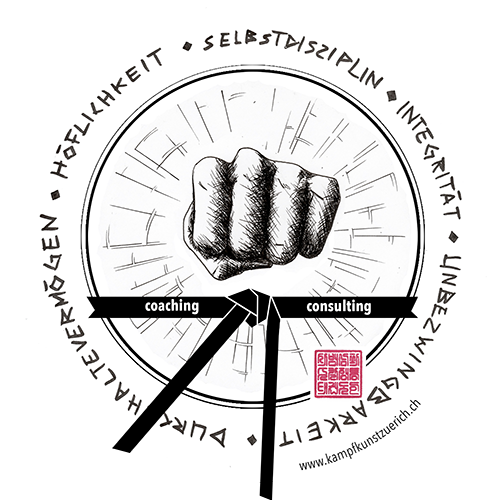Open up to your world of possibilities Do you find yourself constantly worrying about what…

Leadership: What defines a good manager?
The year is coming to an end and employee surveys are now running in many companies. The results reveal to HR executive and directors what makes their company attractive when hiring and to retain employees. Manager and team leaders are also part of the overall evaluation.
What stands for good leadership?
Reflecting on this question, Project Oxygen came back to my mind. In this internal research that was conducted in its own ranks for over 10 years, Google reveals which manager behaviort have an impact on performance, proving that good management actually makes a difference.
The results helped Google tailor its own training program for managers.
According to Google, this is how good leaders should be
- They are good coaches
- They trust the team and avoid micromanagement
- They create an inclusive team environment and are just as interested in their own team members and their success as in their well-being
- They are productive and results-oriented
- They communicate openly, listen well, and share information with others
- They help others develop their careers and provide honest, constructive feedback on performance.
- They have a clear vision and strategy for the team.
- They have important technical skills that will help them support the team with proper advice
- They encourage cross-team collaboration
- They are decision-makers that take responsibility and own their decisions.
With these insights, Google managed to improve employee turnover, satisfaction, and performance over the years.
This type of leadership also requires humbleness and empathy. Leadership is all about people, not just technical skills or expertise after all. (See also Team development: This is how a boss-team-coaching could work)
This “best-of “ shows what employees, especially the younger generations, pay attention to, how soft skills are crucial in management and can also inspire smaller companies with useful learnings:
✅ Good managers are rather coaches figures who step away from hierarchical top-down models ✅ Good managers trust and have long since abandoned the eight-hour days at the workplaces by adjusting to more flexible working models ✅ Good managers deal with topics such as diversity and inclusion ✅ Good managers pay attention to the needs of their employees
Executive directors should know where there is room for improvement in themselves and in their own leadership league. If not, a reality check can help. How? Just ask your own team or call in an external coach as a neutral part. for further assessment.
💡 Fact is that leadership behavior shapes the culture in the company; this culture affects employee engagement, which in turn affects business results.
💡It is also a fact that the most people leave their jobs because they lack appreciation from their line managers.
Money spent on executive training is therefore a good investment for a company:
➡️ Identify and develop your high potentials ➡️ Think about your succession planning ➡️ Support and accompany managers when they start their new leadership role ➡️ Deal promptly with if you were misjudged in appointing the wrong person
More and more managers realize that coaching is not a sign of weakness. On the contrary. A neutral external perspective can serve as an eye opener to initiate changes more effectively and to achieve their goal faster.
Questioning yourself and the impact you have as a manager pays off!
Another option that our clients sometimes choose, is a team coaching so that they can look at themselves through the eyes of the team. In the relaxed, uncomplicated environment of Budo coaching, they find out how they affect others and where their room for improvement is. All of this with movement and exercises from martial arts.
People follow people not because they must, but because they want to.
What employees expect from their managers is actually even simpler. In a nutshell, it can be traced back to basic human needs. (See also https://budo-coaching.ch/en/employee-satisfaction-what-really-counts/)
What does every person need?
Health, fairness and stable relationships. As soon as the elementary needs are met like a roof over their heads and sufficient food, people want to be part of a community, make a meaningful contribution, and be appreciated for it. No matter where you are on the career ladder.



